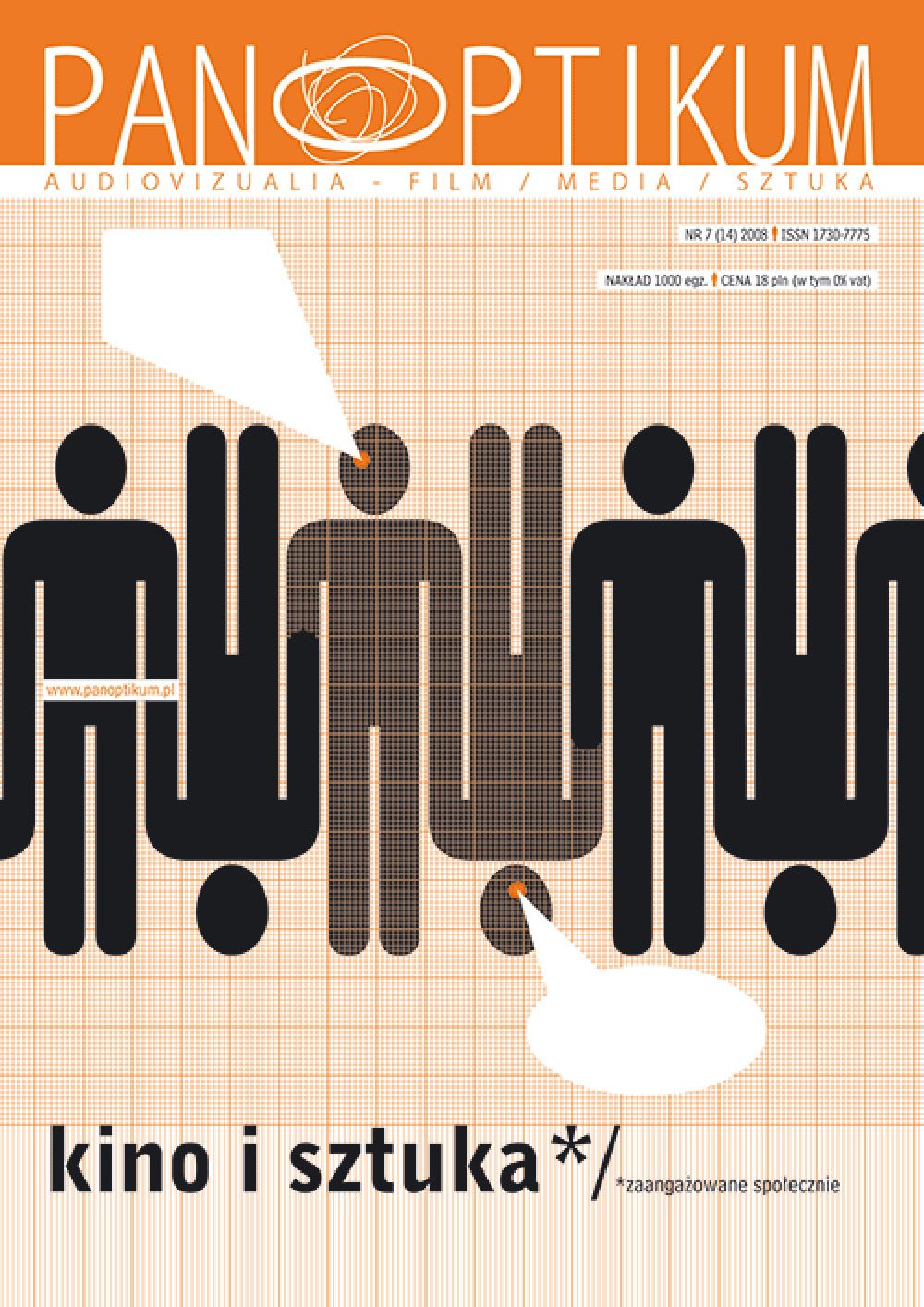Educate or instruct? Persuasion and propaganda in Polish animated film for children
Abstract
Polish animated film created during the communist regime (1945–1989) can be divided into the experimental one, produced in independent artists’ ateliers, and the serial one, usually addressed to children and in this case supervised by censorship. The first one is considered as anticommunist, reacting to the bureaucratic state with criticism, the second one – as purely entertaining with a hidden propaganda message (government officially emphasized that short-feature films had to educate children, including propagation of socialism). The author of this article tries to examine the problem in practice. In his opinion independent artists criticized regime using metaphors or other sophisticated means of expression, thus the subversive character of their work could have been misinterpreted. On the other hand, animators working on films for children preferred soft didacticism to declared agitation. We can also find scenes showing, for example, friendship between Poland and Soviet Union, or praise for working class, but it is difficult to prove decisively that such images were meant to influence children by shaping their attitude towards communist regime. Other explanations are equally persuasive. Films for the youngest audience are generally based on simplifications and stereotypes taken from “adult” world, or even social life. In animated short films there is no time for the political context or further explanations.

 Academic Scientific Journals
Academic Scientific Journals





